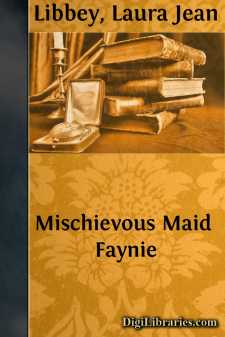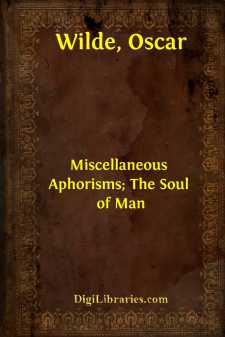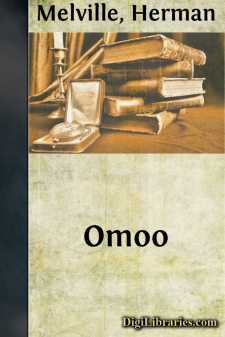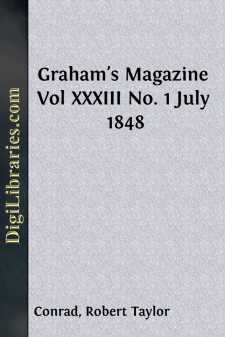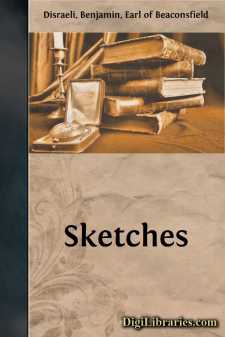Categories
- Antiques & Collectibles 13
- Architecture 36
- Art 48
- Bibles 22
- Biography & Autobiography 813
- Body, Mind & Spirit 142
- Business & Economics 28
- Children's Books 16
- Children's Fiction 13
- Computers 4
- Cooking 94
- Crafts & Hobbies 4
- Drama 346
- Education 46
- Family & Relationships 57
- Fiction 11829
- Games 19
- Gardening 17
- Health & Fitness 34
- History 1377
- House & Home 1
- Humor 147
- Juvenile Fiction 1873
- Juvenile Nonfiction 202
- Language Arts & Disciplines 88
- Law 16
- Literary Collections 686
- Literary Criticism 179
- Mathematics 13
- Medical 41
- Music 40
- Nature 179
- Non-Classifiable 1768
- Performing Arts 7
- Periodicals 1453
- Philosophy 64
- Photography 2
- Poetry 896
- Political Science 203
- Psychology 42
- Reference 154
- Religion 513
- Science 126
- Self-Help 84
- Social Science 81
- Sports & Recreation 34
- Study Aids 3
- Technology & Engineering 59
- Transportation 23
- Travel 463
- True Crime 29
Sort by:
by:
Hulbert Footner
THE WOMAN FROM OUTSIDE CHAPTER I THE WHITE MEDICINE MAN On a January afternoon, as darkness was beginning to gather, the “gang” sat around the stove in the Company store at Fort Enterprise discussing that inexhaustible question, the probable arrival of the mail. The big lofty store, with its glass front, its electric lights, its stock of expensive goods set forth on varnished shelves, suggested a...
more...
CHAPTER I. THE LOVER'S TRYST. It was five o'clock on a raw, gusty February afternoon. All that day and all the night before it had been snowing hard. New York lay buried beneath over two feet of its cold white mantle, and with the gathering dusk a fierce hurricane set in, proclaiming the approach of the terrible blizzard which had been predicted. On this afternoon, which was destined to be so...
more...
by:
Charles Darwin
INTRODUCTION. The object of this work is not to describe all the many races of animals which have been domesticated by man, and of the plants which have been cultivated by him; even if I possessed the requisite knowledge, so gigantic an undertaking would be here superfluous. It is my intention to give under the head of each species only such facts as I have been able to collect or observe, showing the...
more...
THE GAY LORD QUEX THE FIRST ACT The scene represents a manicure establishment in New Bond Street. It is a front room upon the first floor, with three french-windows affording a view of certain buildings on the east side of the street. On the left, furthest from the spectator, is a wide, arched opening, apparently leading to another apartment, in which is the door giving entrance to the rooms from the...
more...
by:
Oscar Wilde
The mystery of love is greater than the mystery of death. Women are made to be loved, not to be understood. It is absurd to have a hard and fast rule about what one should read and what one shouldn't. Moren than half of modern culture depends on what one shouldn't read. Women, as someone says, love with their ears, just as men love with their eyes, if they ever love at all. It is better to be...
more...
by:
Hilaire Belloc
THE POLITICAL OBJECT AND EFFECT OF THE WATERLOO CAMPAIGN It must continually be insisted upon in military history, that general actions, however decisive, are but the functions of campaigns; and that campaigns, in their turn, are but the functions of the political energies of the governments whose armies are engaged. The object of a campaign is invariably a political object, and all its military effort...
more...
by:
Herman Melville
CHAPTER I. IT WAS the middle of a bright tropical afternoon that we made good our escape from the bay. The vessel we sought lay with her main-topsail aback about a league from the land, and was the only object that broke the broad expanse of the ocean. On approaching, she turned out to be a small, slatternly-looking craft, her hull and spars a dingy black, rigging all slack and bleached nearly white,...
more...
Thou, sitting on the hill-top bare,Dost see the far hills disappearIn Autumn smoke, and all the airFilled with bright leaves. Below thee spreadAre yellow harvests, rich in breadFor winter use; while over-headThe jays to one another call,And through the stilly woods there fall,Ripe nuts at intervals, where'erThe squirrel, perched in upper air,From tree-top barks at thee his fear;His cunning eyes,...
more...
CHAPTER I. Charolois and Branchimont ALTHOUGH the deepest shades of twilight had descended upon the broad bosom of the valley, and the river might almost be recognised only by its rushing sound, the walls and battlements of the castle of Charolois, situate on one of the loftiest heights, still blazed in the reflected radiance of the setting sun, and cast, as it were, a glance of triumph at the opposing...
more...
by:
Herman Melville
I and my chimney, two grey-headed old smokers, reside in the country. We are, I may say, old settlers here; particularly my old chimney, which settles more and more every day. Though I always say, I AND MY CHIMNEY, as Cardinal Wolsey used to say, "I AND MY KING," yet this egotistic way of speaking, wherein I take precedence of my chimney, is hereby borne out by the facts; in everything, except...
more...


![The Woman from Outside
[on Swan River]](https://digilibraries-com.s3.eu-central-1.amazonaws.com/covers/268d6f62-8d7b-4ab5-baf0-7d9fe377fd8c.jpg)
